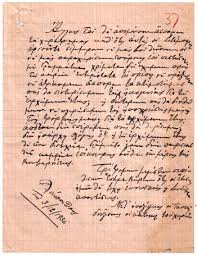
Trevor Todd and Jackson Todd have over sixty years combined experience in handling contested estates including whether monies advanced from parents to a child and his/her spouse is a gift or a loan
I previously wrote on the “bank of mom and dad” and how they had an almost %100 failed collection rate when the wedding “gift” suddenly turns into a loan after the marriage fails.
Whether the advancement of funds from one party to another is a loan or a gift is a common theme in estate litigation and more so when it involves families and money.
The courts have more frequently than not found that the out of luck parents intended a gift when the monies were advanced and not a loan.
Typically since it is family, the details are not documented and signed . The parents attitude is often that it is a gift so long s the marriage holds and if not, we want our money back.
In Zucker v Zucker 2022 BCSC 2025 the parents did the usual thing of advancing monies to a child and his spouse for them to buy a home. There was a mortgage and a signed promissory note.
The child of the parents agreed with them at trial that the monies were advanced as a loan but the spouse argued that it was a gift.
Based on some unique evidence the court held that the parents intended a loan.
(a) Whether there were any contemporaneous documents evidencing a loan;
(b) Whether the manner for repayment is specified;
(c) Whether there is security held for the loan;
(d) Whether there are advances to one child and not others, or advances of unequal amounts to various children;
(e) Whether there has been any demand for payment before the separation of the parties;
(f) Whether there has been any partial repayment; and,




